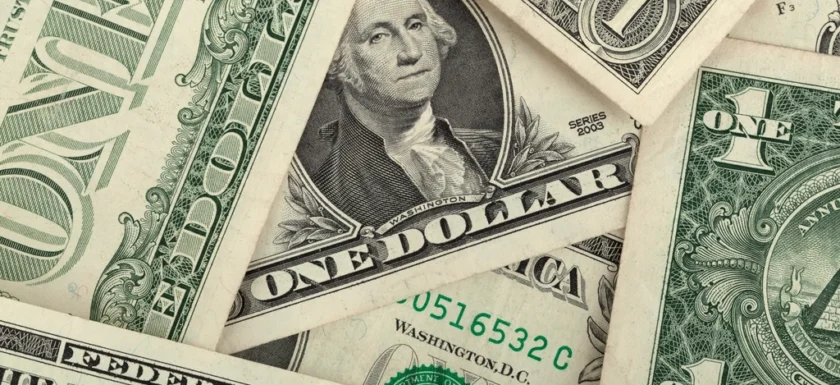Assumptions about older people: Class discussion
I’ve been thinking a lot lately about aging. Several years ago, I had a friend in her 80s tell me that internally she didn’t feel any different than she did when she was in her 40s. While I’m gaining distance from my 40s but still quite a ways away from my 80s, I understand what she was telling me. I feel no different today than I did when I was in my 40s, and I don’t see that changing. What I do see changing is how others interact with the me that they I assume I am. My wife read Becca Levy’s 2022 book BreakingRead More →











